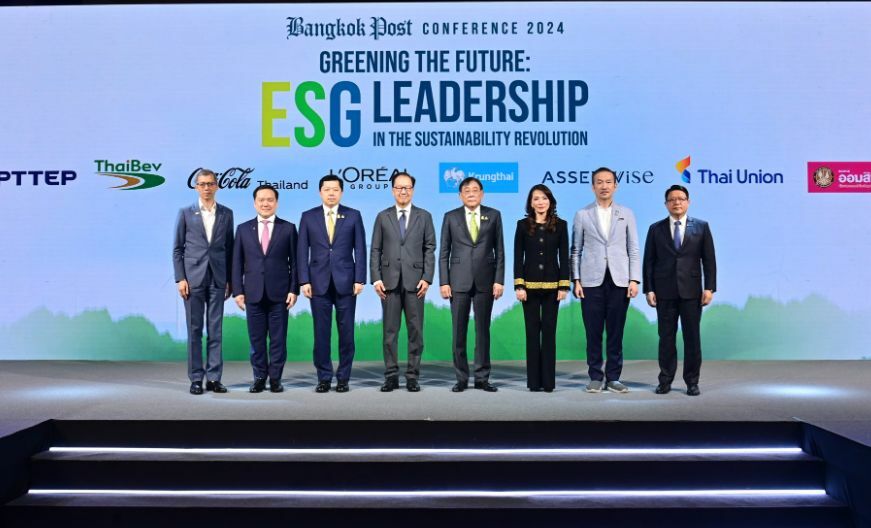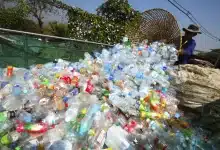Thailand urged to adopt nuclear power for carbon-zero goals

Nuclear power and artificial intelligence (AI) are suggested as viable public policies to assist Thailand in achieving carbon-zero and sustainable development goals. This solution is suggested by the Chief Executive Officer of the Charoen Pokphand (CP) Group, Suphachai Chearavanont.
Speaking at the Bangkok Post Conference 2024, Suphachai emphasised the significance of these measures in Thailand’s sustainability efforts.
He highlighted the considerable progress needed globally to meet the Sustainable Development Goals (SDGs) by 2030. Despite the ambitious targets, the world was on course to achieve only 12% of these goals last year, warned the UN General Assembly.
Thailand ranks 43rd among 166 countries for SDG performance, with a score of 74.7 out of 100. Suphachai further underscores the urgency of addressing global warming, predicting a 3.2 degrees Celsius increase in global temperatures by 2100 if current behaviours persist.
To stay within the 1.5C target deemed safe, a reduction in carbon dioxide emissions to 33 billion tonnes annually by 2030 is required, down from nearly 37 billion tonnes presently. However, increasing electricity demand, forecasted to grow by 53% from 2020 to 2050, complicates these efforts.
“This is unavoidably urging policymakers to seriously consider nuclear power adoption as an alternative,” said Suphachai.
Viable alternative
Nuclear power, being more accessible than hydrogen, is a viable alternative to carbon-based energy sources. In 2021, nuclear technology contributed 9% to global electricity generation, with 32 new reactors under construction between 2022 and 2025, 19 of which are in Asia.
According to McKinsey and Company, global energy capacity, which stood at 26,000 gigawatts (GW) in 2020, is expected to rise to 40,000GW by 2050, with nuclear power anticipated to supply 23% of this capacity.
The top five countries with the most nuclear reactors in 2022 included the United States with 92, France with 56, China with 55, Russia with 37, and Korea with 24.
To close the SDG targets gap in Thailand, Suphachai proposed a practical public policy grounded on a carbon-zero roadmap. This would involve carbon taxes and corporate adherence to environmental, social, and governance (ESG) practices and SDG targets.
For Thailand to achieve digital transformation through AI and the construction of gigawatt data centres, a more sustainable and renewable power grid is crucial.
Thailand’s increasing energy consumption, driven by rapid digitisation, raises the critical question of reducing dependency on fossil fuels. This resonates with a bigger global trend.
He advocated for the serious consideration of nuclear power in Thailand, alongside other public policies and innovations. McKinsey reports that China plans to enhance its nuclear power plant capacity to 150GW by 2035, while Japan aims to reopen a reactor to meet 20-22% of its energy needs by 2030. Vietnam is also exploring nuclear power options, reported Bangkok Post.
Latest Thailand News
Follow The Thaiger on Google News:


























